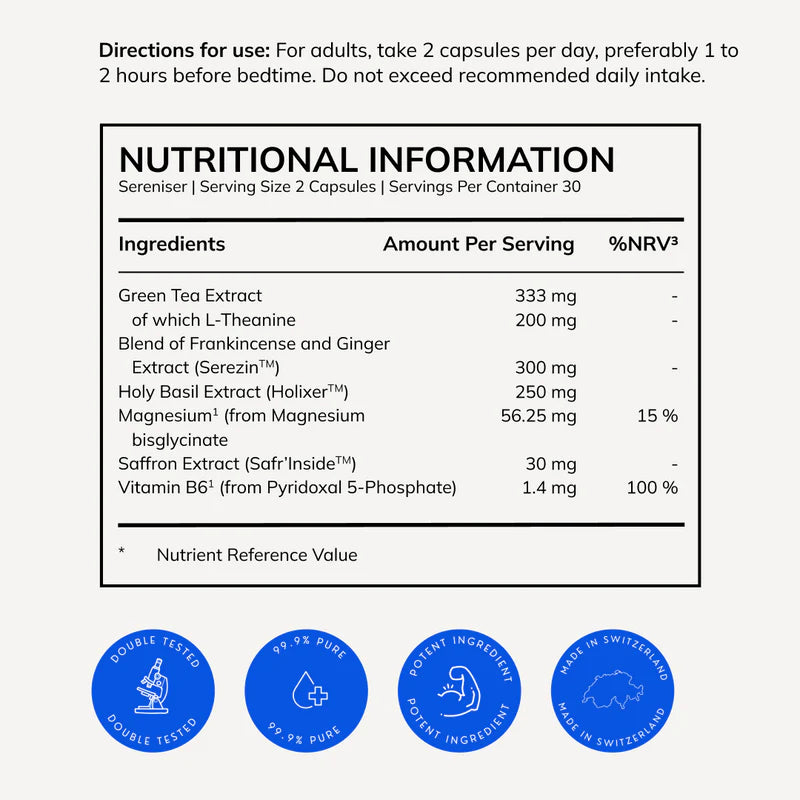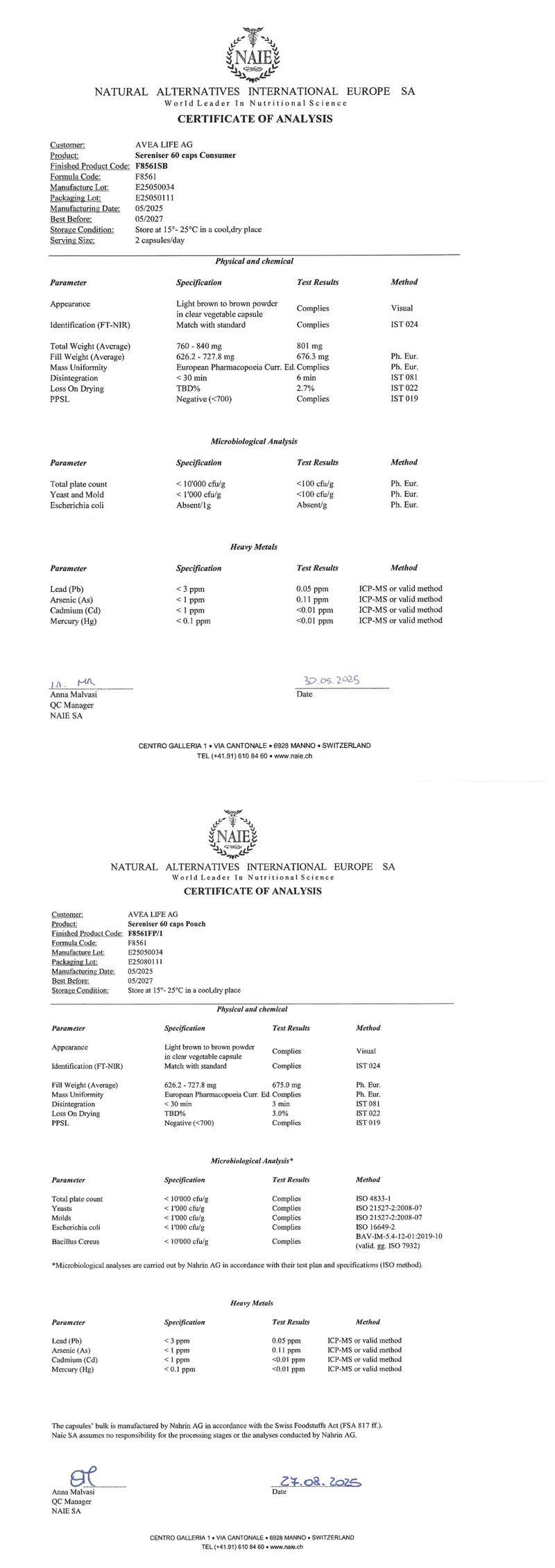Women experience sleep differently – and this becomes especially noticeable during perimenopause and menopause. Despite maintaining consistent routines, many begin to experience new or worsening sleep disruptions: difficulty staying asleep, early morning awakenings, or waking feeling less restored than before.
These changes are not imagined – they’re physiological.
As estrogen and progesterone begin to decline, they also influence the release and amount of other hormones and neurotransmitters that regulate sleep:
- Melatonin, which governs circadian rhythm
- Cortisol, which impacts stress and sleep fragmentation
- Serotonin, which helps calm the nervous system and initiate deep rest
When these hormones and neurotransmitters are thrown out of balance, sleep becomes lighter, more fragmented, and more easily disrupted. Hot flashes, increased nighttime cortisol, and changes in thermoregulation all add to the challenge – even for women who’ve never struggled with sleep before.
Sleep during menopause is also more sensitive to stress, screen exposure, diet, and even small environmental changes. The nervous system becomes more reactive, and the body may cycle in and out of sleep stages more frequently.
But these shifts go beyond night-time rest.
Because deep sleep plays a key role in hormone regulation, immune resilience, and cognitive repair, a decline in sleep quality during menopause can also impact long-term energy, clarity, and healthy ageing.
And yet, most sleep solutions aren’t designed with women in mind — let alone with the complexity of hormonal transitions.
Understanding the root causes of disrupted sleep in midlife is essential to supporting better rest – and better health – for decades to come.





















